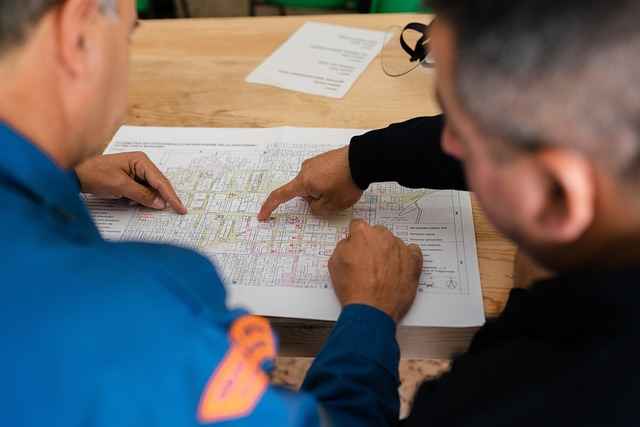
Structural Engineer
Published on by Rashid Minhas
Average Read time: 1 minute 55 seconds
A structural engineer is a professional who specializes in designing, analyzing, and ensuring the structural integrity and stability of buildings, bridges, towers, and other structures. Their primary role is to ensure that structures are safe, functional, and capable of withstanding the loads and forces they will encounter during their lifespan. Here are some key responsibilities of a structural engineer:
Designing Structures: Structural engineers use their expertise in mathematics, physics, and engineering principles to design structures that meet the requirements of clients and conform to building codes and regulations. They determine the appropriate materials, dimensions, and configurations to ensure structural integrity.
Analyzing Structures: Before construction begins, structural engineers perform detailed analyses of proposed designs using computer-aided design (CAD) software and structural analysis tools. They assess factors such as load distribution, wind and earthquake forces, and material properties to ensure the structural stability of the design.
Collaborating with Architects and Contractors: Structural engineers often work closely with architects, contractors, and other professionals involved in the construction process. They collaborate to integrate structural considerations into the overall design, address challenges during construction, and ensure that the final structure meets the intended vision.
Conducting Site Inspections: During construction, structural engineers conduct site inspections to monitor progress, verify that construction methods adhere to specifications and regulations, and address any issues that may arise.
Ensuring Compliance with Regulations: Structural engineers are responsible for ensuring that their designs comply with local building codes, zoning regulations, and safety standards. They stay updated on relevant codes and regulations and make necessary adjustments to designs to ensure compliance.
Performing Risk Assessments: Structural engineers assess the risks associated with existing structures, especially in cases of renovation, retrofitting, or rehabilitation projects. They identify potential structural deficiencies, recommend remedial measures, and ensure that structures remain safe and functional.
Providing Expertise in Structural Failure Investigations: In the unfortunate event of a structural failure, structural engineers investigate the causes, analyze failures, and provide expert opinions to determine liability and prevent similar incidents in the future.
Continuing Education and Professional Development: Structural engineers engage in continuous learning to stay updated on advancements in structural engineering, materials, and construction techniques. They may pursue certifications and attend training programs to enhance their skills and knowledge.
Designing Structures: Structural engineers use their expertise in mathematics, physics, and engineering principles to design structures that meet the requirements of clients and conform to building codes and regulations. They determine the appropriate materials, dimensions, and configurations to ensure structural integrity.
Analyzing Structures: Before construction begins, structural engineers perform detailed analyses of proposed designs using computer-aided design (CAD) software and structural analysis tools. They assess factors such as load distribution, wind and earthquake forces, and material properties to ensure the structural stability of the design.
Collaborating with Architects and Contractors: Structural engineers often work closely with architects, contractors, and other professionals involved in the construction process. They collaborate to integrate structural considerations into the overall design, address challenges during construction, and ensure that the final structure meets the intended vision.
Conducting Site Inspections: During construction, structural engineers conduct site inspections to monitor progress, verify that construction methods adhere to specifications and regulations, and address any issues that may arise.
Ensuring Compliance with Regulations: Structural engineers are responsible for ensuring that their designs comply with local building codes, zoning regulations, and safety standards. They stay updated on relevant codes and regulations and make necessary adjustments to designs to ensure compliance.
Performing Risk Assessments: Structural engineers assess the risks associated with existing structures, especially in cases of renovation, retrofitting, or rehabilitation projects. They identify potential structural deficiencies, recommend remedial measures, and ensure that structures remain safe and functional.
Providing Expertise in Structural Failure Investigations: In the unfortunate event of a structural failure, structural engineers investigate the causes, analyze failures, and provide expert opinions to determine liability and prevent similar incidents in the future.
Continuing Education and Professional Development: Structural engineers engage in continuous learning to stay updated on advancements in structural engineering, materials, and construction techniques. They may pursue certifications and attend training programs to enhance their skills and knowledge.
Overall, structural engineers play a critical role in ensuring the safety, durability, and functionality of the built environment, contributing to the construction of resilient and sustainable structures.